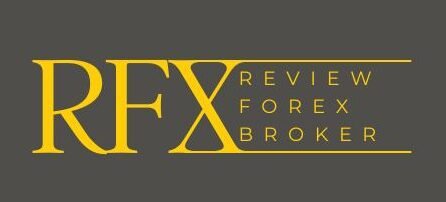
In the vast and fast-paced world of forex trading, selecting the right broker is paramount to your success and financial security. Among the myriad of factors to consider, perhaps none is as crucial as ensuring that your chosen forex broker is regulated by a reputable financial authority. In this blog, we’ll delve into why choosing a regulated forex broker is essential for safeguarding your funds and ensuring a secure trading environment.
1. Regulatory Oversight:
Regulated forex brokers are subject to oversight and supervision by governmental or independent regulatory authorities. These regulatory bodies set and enforce strict standards and guidelines to ensure that brokers operate ethically, transparently, and in the best interests of their clients.
2. Investor Protection:
Regulated brokers are required to adhere to stringent rules and regulations designed to protect investors’ interests and safeguard their funds. These measures may include:
- Segregated Accounts: Regulated brokers are mandated to segregate client funds from their own operational funds. This ensures that clients’ funds are kept separate and cannot be used for the broker’s operational expenses or purposes.
- Financial Stability: Regulated brokers are subjected to regular financial audits and reporting requirements to ensure they maintain adequate capital reserves and financial stability.
- Client Compensation Schemes: In the event of a broker’s insolvency or bankruptcy, regulated brokers may offer client compensation schemes or insurance coverage to reimburse clients for their losses up to a certain limit.
3. Adherence to Best Practices:
Regulated forex brokers are held to high standards of conduct and are required to adhere to best practices in their operations. This includes:
- Fair Pricing and Execution: Regulated brokers are expected to provide fair and transparent pricing and execute client orders promptly and efficiently without slippage or manipulation.
- Transparency: Regulated brokers are obligated to disclose information about their services, fees, terms and conditions, and potential risks to clients in a clear and transparent manner.
- Compliance with Anti-Money Laundering (AML) and Know Your Customer (KYC) Regulations: Regulated brokers are required to implement robust AML and KYC procedures to prevent money laundering, terrorist financing, and other illicit activities.
4. Recourse and Redress:
In the event of disputes or grievances, clients of regulated forex brokers have recourse to regulatory authorities or ombudsman services for resolution. Regulators have the authority to investigate complaints, impose sanctions, and enforce disciplinary actions against brokers found to be in violation of regulatory requirements.

